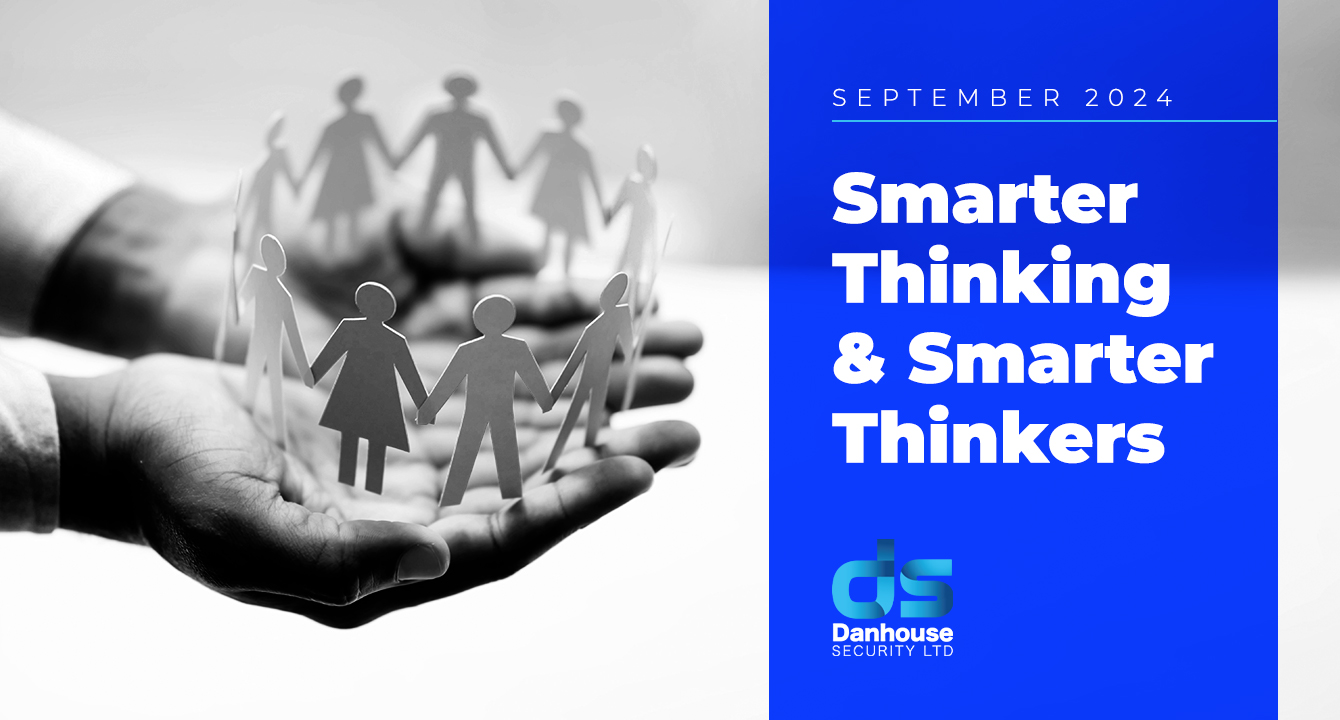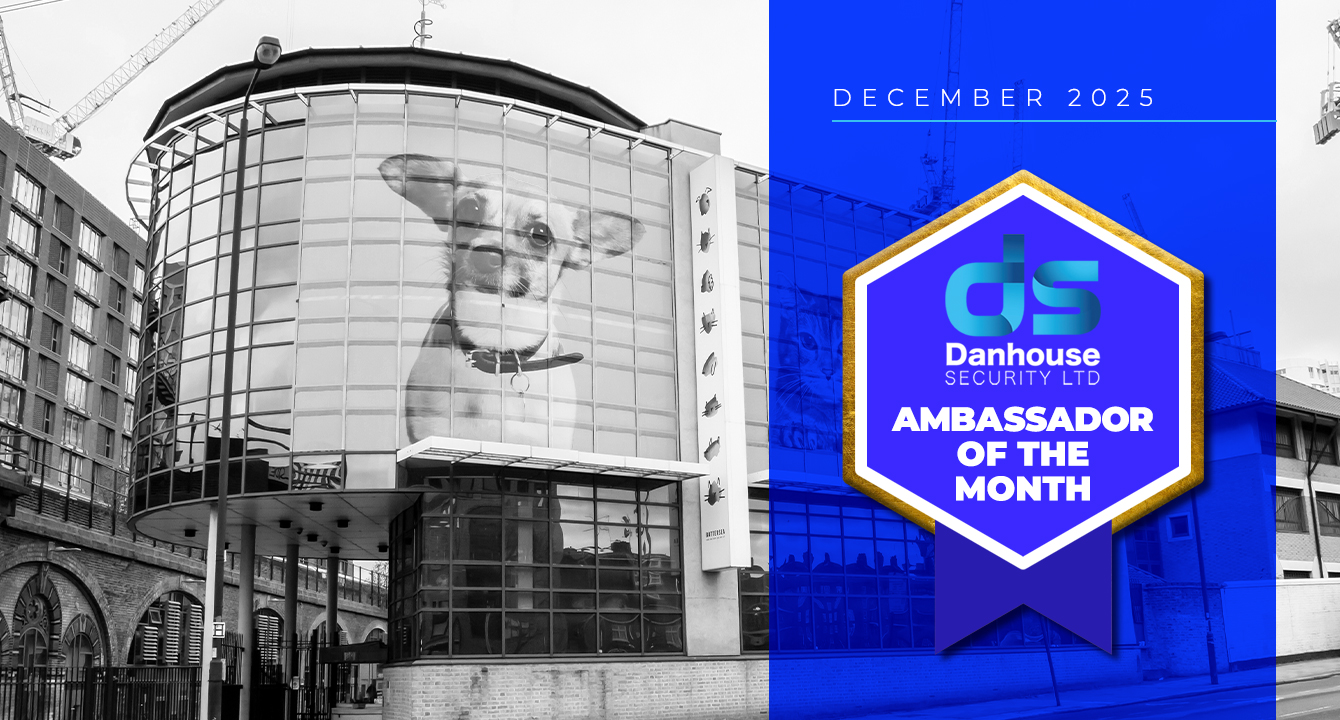Diversity, Equity & Inclusion becoming more critical
There is little doubt that the importance of Diversity, Equity & Inclusion (DE&I) is becoming more and more critical, not just to people wanting to work for a fair and responsible employer but also to business leaders that want to build high performing teams and a sustainable future.
The facts speak for themselves. Whereas the financial argument for having a more diverse workplace should not be the driver, the truth is that those companies and industries with a more diverse workforce are proven to perform better than those that are less diverse. There is a very clear correlation between having a diverse team and delivering an improved bottom line. Put another way, the penalty for lagging on diversity is growing.
A report published last year by the management consultancy McKinsey & Company showed that the top quartile companies in terms of DE&I performance had a 39% greater likelihood of financial outperformance compared to their bottom quartile peers. What is especially interesting is that this steady upward trend is evidenced across multiple industries and regions, despite differing challenges, stakeholder expectations and ambitions.
Hard financial data supports the less tangible benefits that are widely known but often overlooked. Having a demonstrable DE&I strategy enables organisations and industries like ours not only to attract the best people, but also retain the talent they have. It makes the industry a more attractive place in which to work, as well as significantly increasing the talent pool for those looking to recruit. This in turn improves the overall quality of the security industry workforce.
Improving diversity is not only a selfless act; our customers also demand it, and a diverse team brings different skills to contracts that in turn help deliver a better service for our customers.
Smarter teams
Several years ago in the Harvard Business Review, David Rock, co-founder of the Neuroleadership Institute and Heidi Grant, a social psychologist, argued that diverse teams are smarter. They believe that people from diverse backgrounds might alter the behaviour of a group’s social majority in ways that lead to improved and more accurate group thinking.
Diverse teams are more likely to constantly re-examine facts and remain objective and may even change the way that entire teams digest information, leading to better decision making. Having a more balanced workforce helps an organisation to reflect their market and their target audiences more accurately, and therefore better understand their needs. In short, diverse teams deliver a better service.
Multi-dimensional
Diversity comes in many forms. Often the conversation, however, focuses on gender. Considerable attention is often given to the under-representation of women in certain roles and industries, such as those related to Science, Technology, Engineering and Mathematics (STEM). Security is often ignored.
Ten years ago, there were very few women in the security industry, other than those providing front-of-house (i.e. predominantly reception and/or concierge-style services). And while times are changing, progress is slow.
According to the Security Industry Association, applications for licences from women have risen marginally from 9.2% in 2016 to 10.9% in 2024 and show that women still only account for a small proportion of the workforce. But those organisations that employ women in security roles are benefiting from the intelligence, diversity of perspectives and capacity for innovation which comes from having gender-balanced and inclusive teams.
Broader conversations
But the conversation regarding diversity must be much broader. It needs to consider not only gender but also the ‘intersectionality’ of the workforce to represent age, ethnicity, nationality, religion, sexual orientation and working with a disability status. It’s certainly something that we are focusing on and benefiting from – but it is not something that can happen overnight. We need to build the trust of prospective applicants and we provide reassurance and evidence that a diverse workforce is welcomed and listened to.
We partner experienced mentors and mentees – cross sharing the experience of our older team members and the perspective of our young new recruits, taking their first tentative steps on the career ladder. We have recent graduates through to seasoned professionals, both learning from each other in how to best deal with the situations they may face, and the people with whom they may need to interact.
Smart leaders know that organisations benefit from attracting, retaining, and developing a diverse workforce. All of us, however, could do more to build diversity into our teams, and in doing so lead the security industry in demonstrating the true value that diverse and inclusive employees and leaders can bring.






